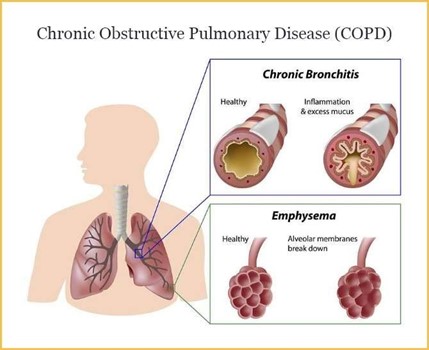A nurse is caring for a client who has a chronic illness. In which phase of the therapeutic relationship should
the nurse help the client develop problem-solving skills?
Preinteraction phase
Working phase
Orientation phase
Termination phase
The Correct Answer is B
The therapeutic relationship can be described in terms of four sequential phases: preinteraction phase, introduction/orientation phase, working phase, and termination phase . In the working phase, most of the therapeutic interventional activities are carried out . This is the phase where the nurse should help the client develop problem-solving skills.
The other options are not correct because:
a) The preinteraction phase starts when the nurse is given the responsibility to start a therapeutic relationship with a patient.
c) The introduction/orientation phase is the first meeting of the nurse with her client (patient).
d) The termination phase is the final stage of the nurse-client relationship.

Nursing Test Bank
Naxlex Comprehensive Predictor Exams
Related Questions
Correct Answer is B
Explanation
The nurse should atend to the client who has COPD and dementia and was agitated during the night shift first. This client may be experiencing respiratory distress or other complications related to their COPD and requires immediate assessment and intervention.
a) A client who has heart failure and is incontinent of urine requires atention, but their needs are not as urgent as those of the client with COPD and agitation.
c) A client who had a hip arthroplasty 10 days ago and reports pain with ambulation requires atention, but their needs are not as urgent as those of the client with COPD and agitation.
d) A client who had a cerebrovascular accident 6 months ago and reports constipation requires attention, but their needs are not as urgent as those of the client with COPD and agitation.

Correct Answer is B
Explanation
The most concerning finding in the assessment of a client's right leg after a femoropopliteal bypass graft would be if the client's pedal pulse in the right foot is not palpable. This could indicate a problem with blood flow to the limb.
The other options are also concerning and should be reported to the healthcare provider.
a) A cooler footmay indicate decreased blood flow to the limb.
c) A capillary refill time of 5 secondsmay also indicate decreased blood flow.
d) A pain level of 8 on a scale from 0 to 10should also be reported and addressed.
Whether you are a student looking to ace your exams or a practicing nurse seeking to enhance your expertise , our nursing education contents will empower you with the confidence and competence to make a difference in the lives of patients and become a respected leader in the healthcare field.
Visit Naxlex, invest in your future and unlock endless possibilities with our unparalleled nursing education contents today
Report Wrong Answer on the Current Question
Do you disagree with the answer? If yes, what is your expected answer? Explain.
Kindly be descriptive with the issue you are facing.
